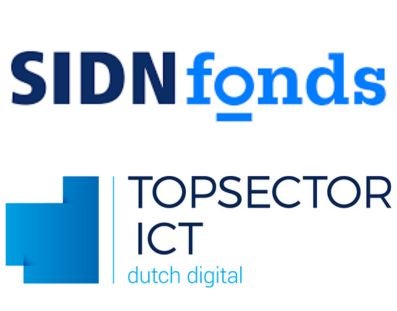Tamara Thuis, a long-standing member of the AI@Work research group who will officially join the KIN Center for Digital Innovation in September, and Maria Carmen Punzi, menstrual health and social entrepreneurship researcher, are awarded with a grant for their project: "Responsible Design and Use of AI-Driven Period and Fertility Tracking Technologies." In this project they will explore the broader ethical implications of AI algorithms in period and fertility tracking apps— including the responsibilities of the organizations developing these tools and what responsible design and use could look like. They will closely collaborate with the period tracking app 28X, Dutch menstrual products B-corporation Yoni, and research centre Feminist Generative AI Lab to develop the research and create awareness about the topic.
The “FemTech” industry was valued at $55 billion globally in 2024 and continues to grow: more than 50 million women currently use apps for menstruation and fertility tracking. The use of algorithms—particularly AI—in these technologies is increasing. These apps offer users personalized predictions, information, and advice about menstruation, ovulation, and fertility. Women are increasingly relying on these (AI-driven) technologies to understand menstrual symptoms and make health-related decisions. With the rise of Generative AI, women are also increasingly turning to tools like ChatGPT for advice about their menstrual health.
AI-driven FemTech solutions have sparked new conversations about contraception in Dutch society and media, as they offer hormone-free alternatives in a landscape where perceptions and behavior around hormonal contraception are shifting. Tech companies and influencers are playing an increasingly prominent role in providing information—often lacking medical backing. In contrast, medical professionals express skepticism and warn through the media against relying on apps for contraceptive purposes.
While there is growing attention for privacy, data management, and the accuracy of FemTech technologies, broader ethical implications on AI algorithms in this domain are still underexplored. This project therefore asks: How can AI algorithms in menstrual and fertility tracking apps be designed and used responsibly?
This project is made possible with support from SIDN Fonds and TopSector ICT and will be developed in collaboration with 28X, Yoni and the Feminist Generative AI Lab.
